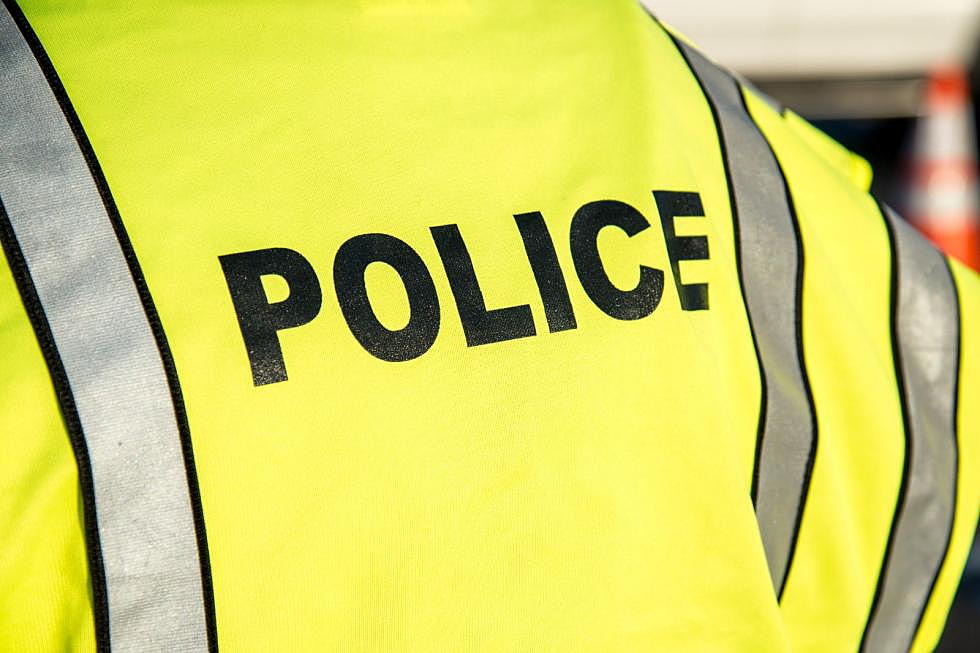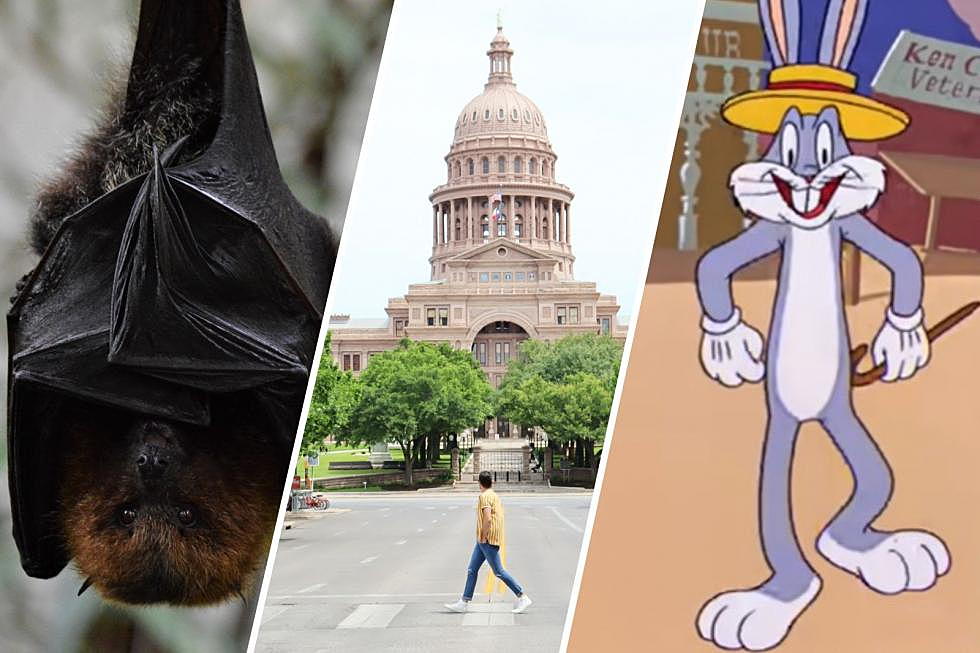
Texas Police Officers Can Absolutely Lie To You, True or False?
I'm not sure where the old adage that police officers can't lie started, but start it did. And it's something that's been conflated with truth thanks to popular television shows and movies. But wait, is it true? Can officers of the law lie to you? For instance do they have to tell you that they are a cop if they approach you at a bar in Dallas, Texas?

The old trope certainly makes for great television, but is that all that it is? And while we want to expect law enforcement to be truthful, just as they expect us to be with them, it turns that police officers are allowed to lie.
Back to television, so many shows depict undercover officers who if they did have to reveal who they were would not be able to do their job, it's the same in real life, they do not have to reveal their occupation and can lie about their ability to obtain a search warrant.
Even though some specific municipalities require police officers to disclose their identities in public, to date, there is no federal statute that demands law enforcement officers identify themselves to the general public when asked. - LawfareBlog
And if you were wondering, outright deception is a common interrogation tactic in Texas and almost every state. Officers sometimes rely on "fibs" to encourage a suspect to make a confession.
Rosenberg Perry shares a few examples of typical lies during suspect questioning including:
- Warning suspects that they have recovered their DNA at the crime scene.
- Giving them water to obtain their DNA from the drinking glass.
- Cautioning that they have eyewitnesses or are recording the interrogation.
- Ironically, accusing them of failing polygraph tests.
It was a Short Month with Too Many Texas Children Going Missing in February of 2023
Name One Thing More Uniquely Texan Than This Lone Star Shaped House. You Can't
More From KKTX FM









